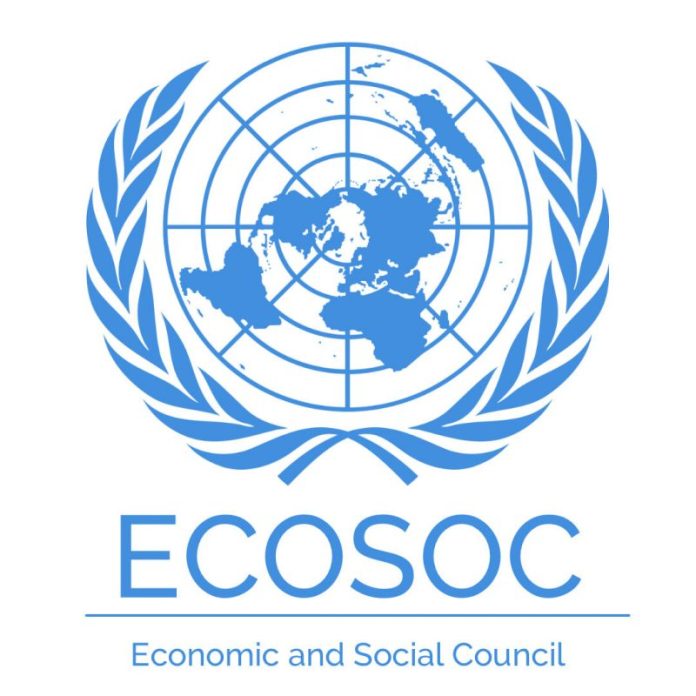UNITED NATIONS, :The President of UN Economic and Social Council (ECOSOC), Pakistani Ambassador Munir Akram, has called for steps to stop deforestation, saying healthy forests sustain human well-being, livelihoods and survival in both rural and urban communities.
“They (forests) provide essential ecosystem services, including clean water, renewable energy, biological diversity and climate regulation,” he told United Nations Forum on Forests, a New York-based high-level intergovernmental policy panel on Monday.
“Halting and reversing deforestation can also reduce the risks and conditions that lead to the spread of zoonotic diseases,” the ECOSOC chief added.
Highlighting the devastation left behind by the deadly coronavirus pandemic, Ambassador Akram said that the poorest and most vulnerable countries and peoples have suffered the most, with 131 million people set to be pushed back into poverty, 400 million jobs lost, 34 million people facing starvation and as vaccines available only to some of rich, the inequality and suffering in the developing world was likely to persist even as the advanced economies spend trillions to recover from the crises.
The environmental crisis was also impacting the poor and vulnerable the most – 75% of the land surface has been significantly altered globally, over 85% of wetlands have been lost, and one million animal and plant species are threatened with extinction, along with severe environmental degradation, it was pointed out.
Under the circumstance, the ECOSOC chief said the world priority must be to end poverty and hunger while also safeguarding the planet.
In this regard, he said that reforestation and nature-based solutions were a central part of a sustainable, inclusive, and resilient model for global recovery.
Citing successful examples of reforestation, Ambassador Akram said Pakistan had embarked on a journey of ‘Clean and Green Pakistan’ through Prime Minister Imran Khan’s “Ten billion tree Tsunami” and Eco-system restoration Plan that includes poverty reduction strategies through the creation of green jobs.
He identified three priority areas for recovery from the pandemic — financing, sustainable infrastructure, and science and technology.
The ECOSOC Forum on Financing for Development has been able to arrive at a far-reaching consensus on measures to facilitate recovery from the current crises through creation of additional liquidity including Special Drawing Rights (SDRs) creation and reallocation, debt relief, larger concessional finance and fulfillment of climate finance commitments, it was pointed out.
Financing for sustainable forest management must be part of the use of such new liquidity, the ECOSOC chief pointed out.
“If the world is to achieve net-zero carbon emission by 2050, and restore planetary health, we must transfer to sustainable and environmental-friendly infrastructure – energy, transportation is needed annually in developing countries for such a transition,” Ambassador Akram said, noting sustainable agriculture and forest management goes hand in hand with sustainable infrastructure investments.
The rapid production of the COVID-19 vaccine, he said, was a testament to the ability of science to achieve innovation when the scientific priorities are clearly identified and adequately financed.
“Technological and digital innovation has a clear role to play in forests, ranging from the use of remote sensing and processing of geospatial data, to the use of drone technology, big data and artificial intelligence in forest inventories and monitoring activities,” the ECOSOC chief said, stressing that these technologies too must be made accessible to all countries.
Follow the PNI Facebook page for the latest news and updates.









